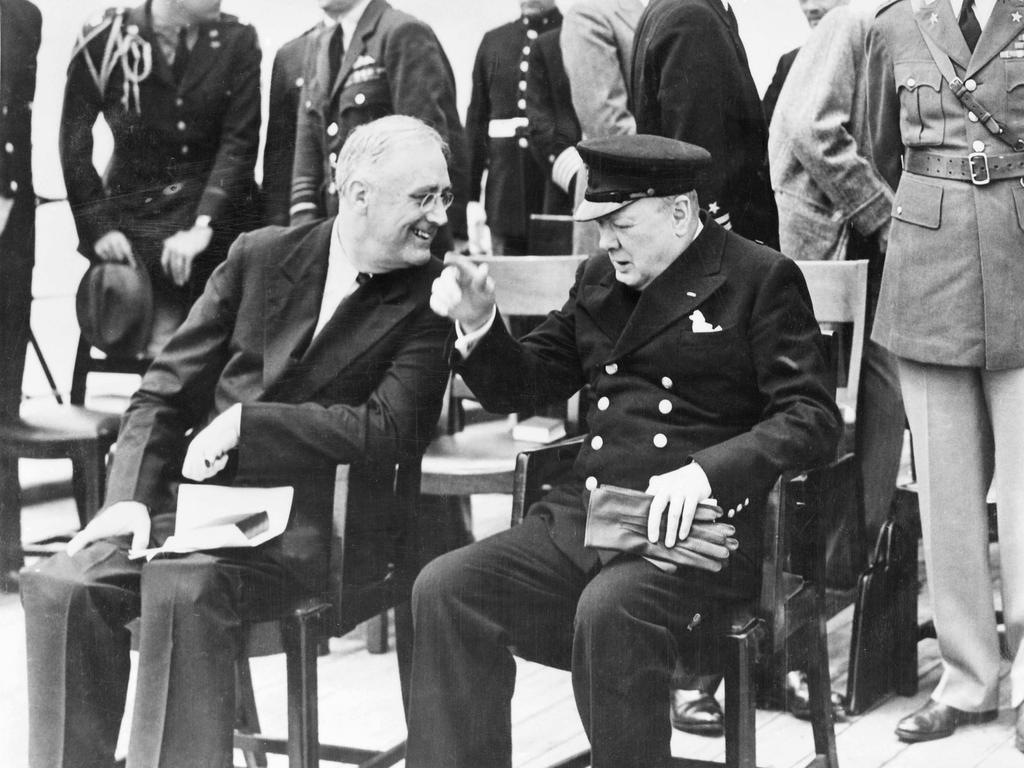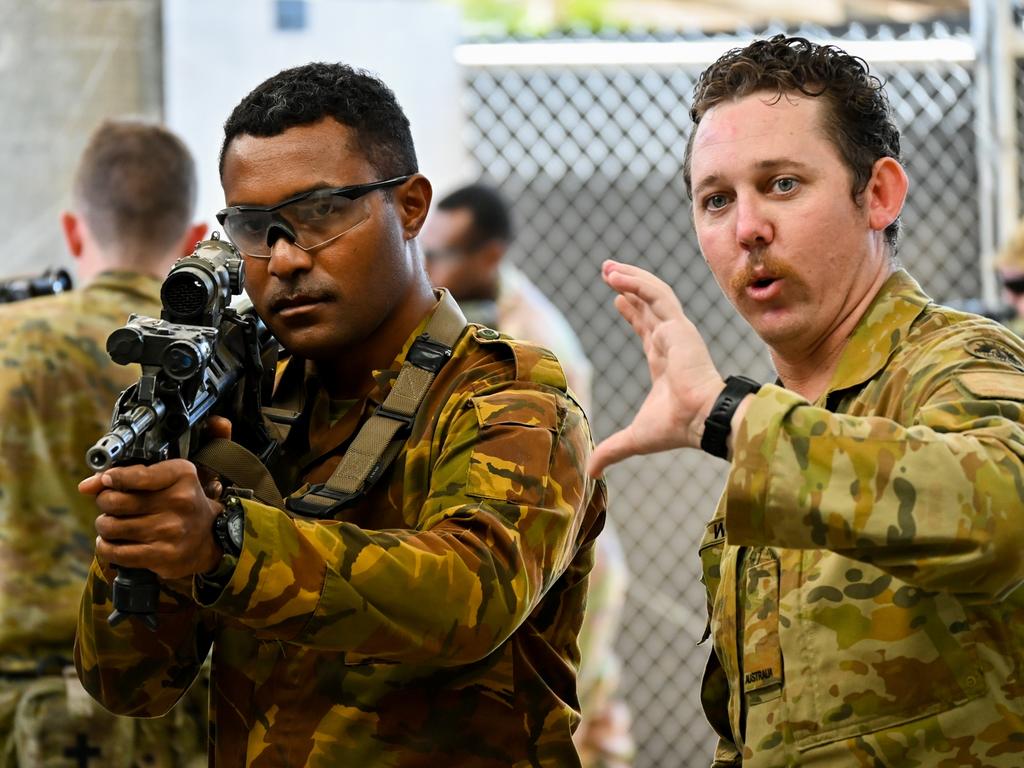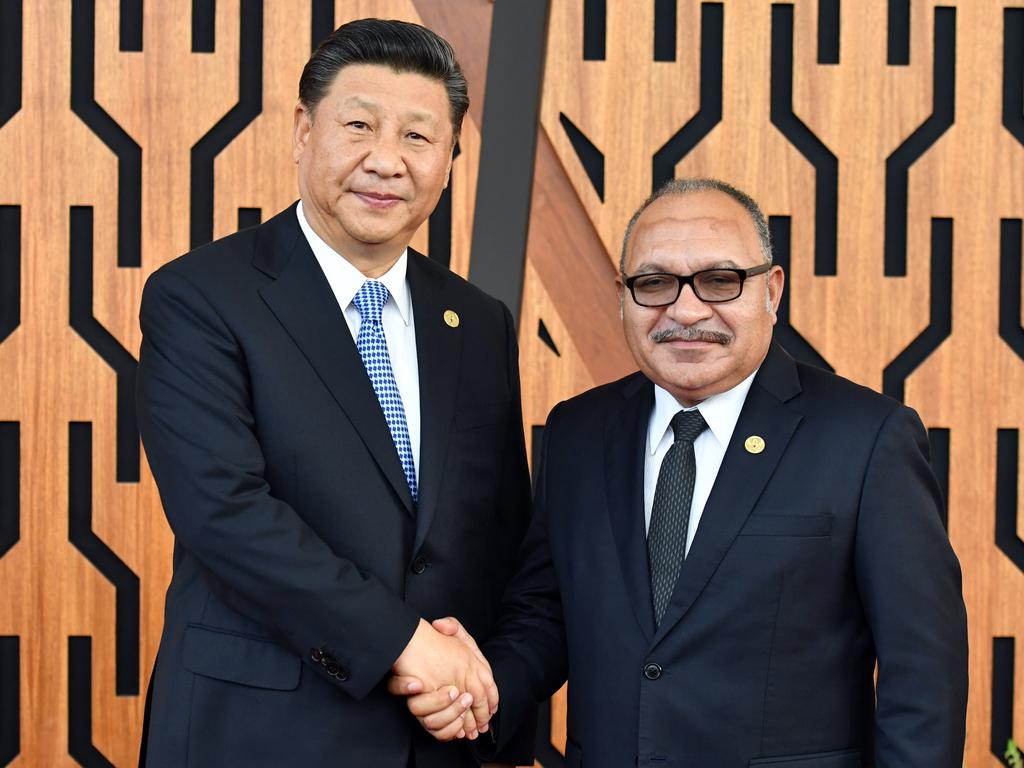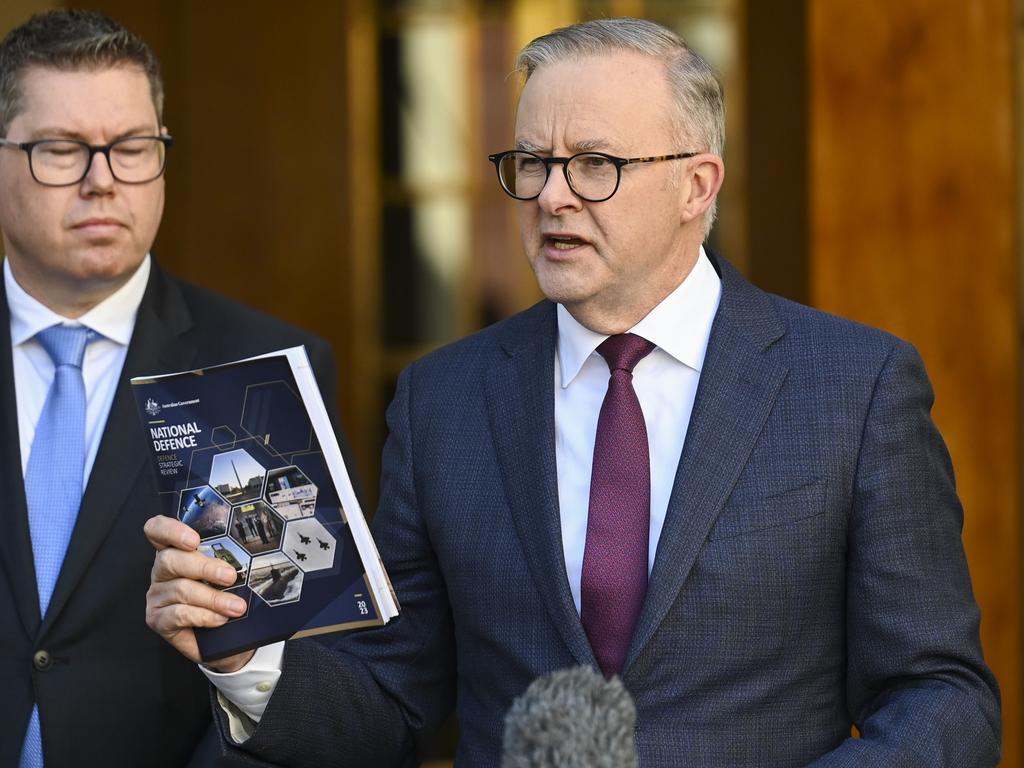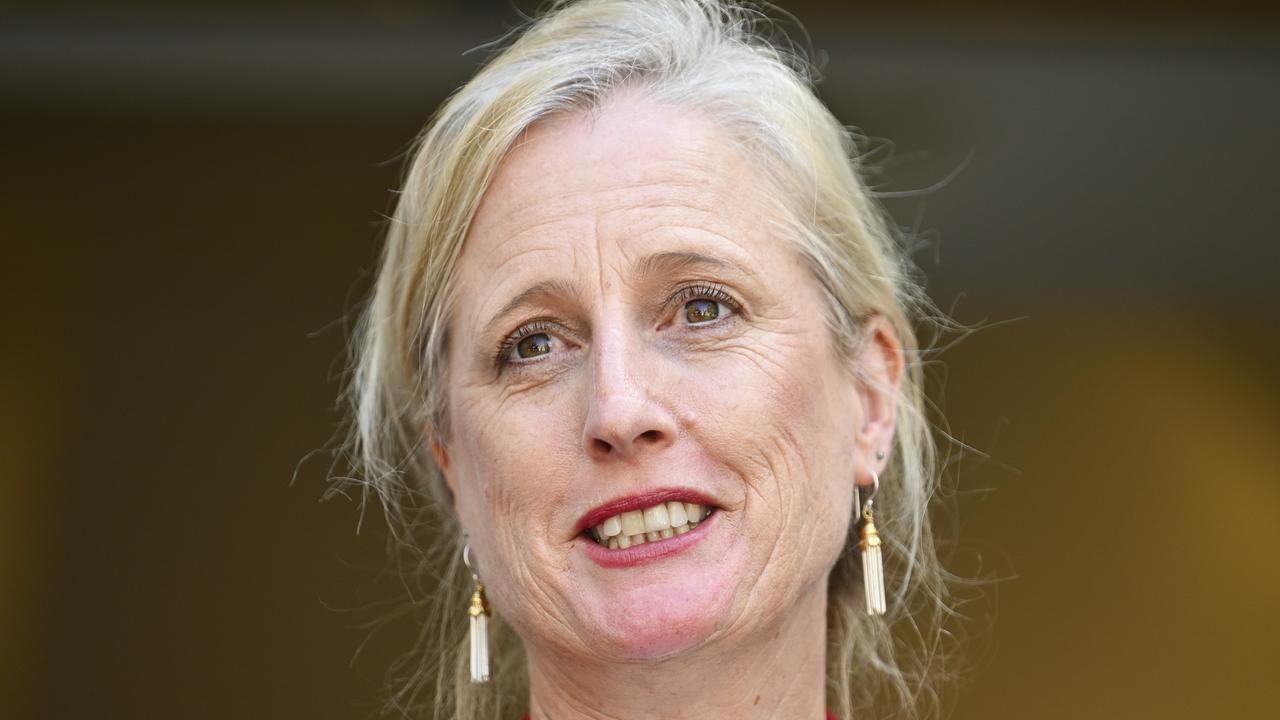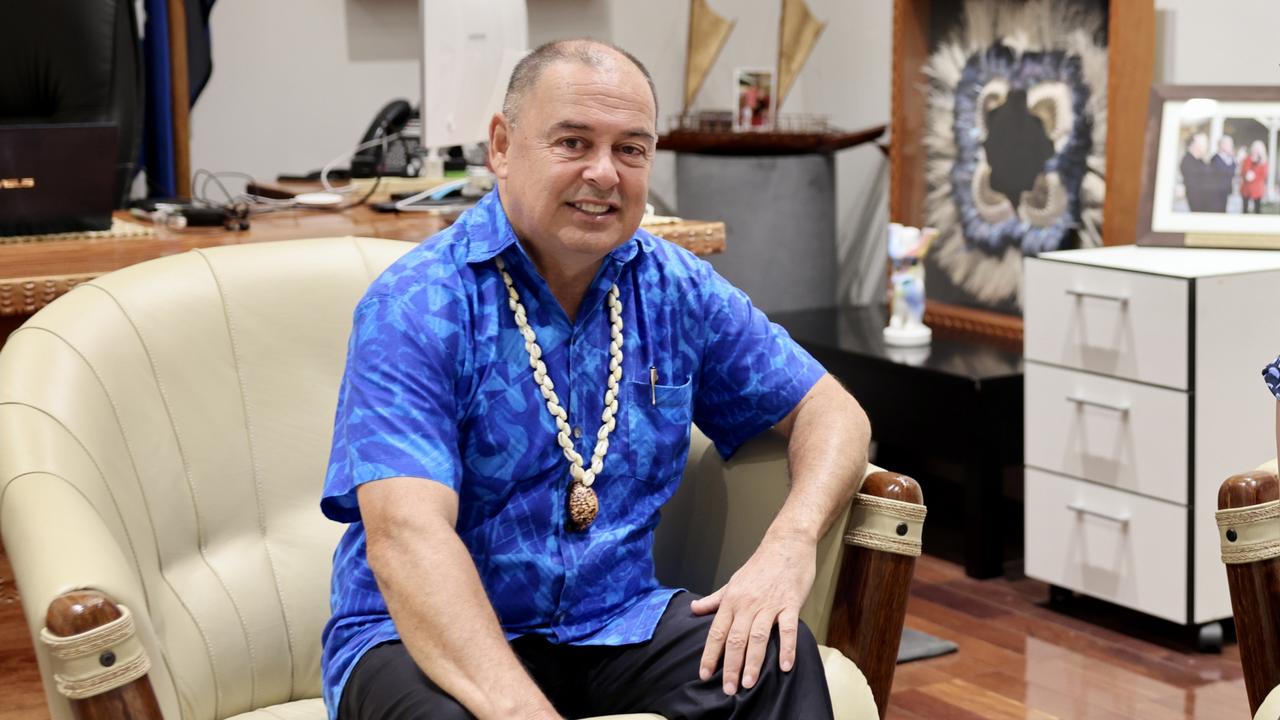Federal budget 2023: Regional security a strategic priority
An extra $1.9bn will be spent over the next four years to bolster Australia’s standing in the Pacific and strengthen regional security amid unprecedented strategic challenges.
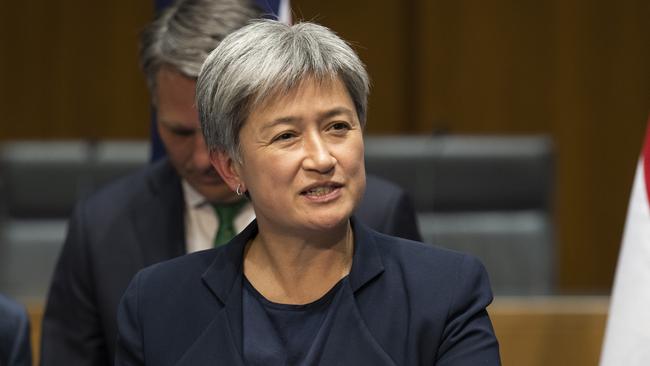
An extra $1.9bn will be spent over the next four years to bolster Australia’s standing in the Pacific and strengthen regional security amid unprecedented strategic challenges.
The package includes $1.4bn to strengthen Defence and Australian Federal Police engagement in key Pacific countries such as Papua New Guinea and Solomon Islands, and $370m to expand the Pacific Australia Labour Mobility scheme that provides vital foreign earnings for regional partners.
It also includes $114m to support the Pacific Island Forum – vital in the regional pushback against China – “to ensure it is equipped to respond collectively to shared challenges”.
New security infrastructure and maritime capabilities will be provided by Defence in key partner countries, while the AFP and the Attorney-General’s Department will strengthen Pacific law enforcement and criminal justice co-operation.
Amid warnings the nation’s diplomats are “stretched to the point of ineffectiveness”, the budget allocates $377m over four years to strengthen the Department of Foreign Affairs and Trade’s core capabilities, including $250m to fund overseas posts and $90m to improve the department’s antiquated cable system.
The nation’s overseas spying capability will also be lifted, with a $468m funding boost over four years to “modernise” the Australian Secret Intelligence Service.
After years of criticism by Labor of static aid funding under the Coalition, official development assistance will rise by about 2.5 per cent next financial year to $4.77bn.
The increase falls well short of inflation, and in the following years is forecast to rise by just 1.2 per cent and 1.8 per cent, before rising to 2.6 per cent in 2026-27. It will be indexed at 2.5 per cent a year thereafter.
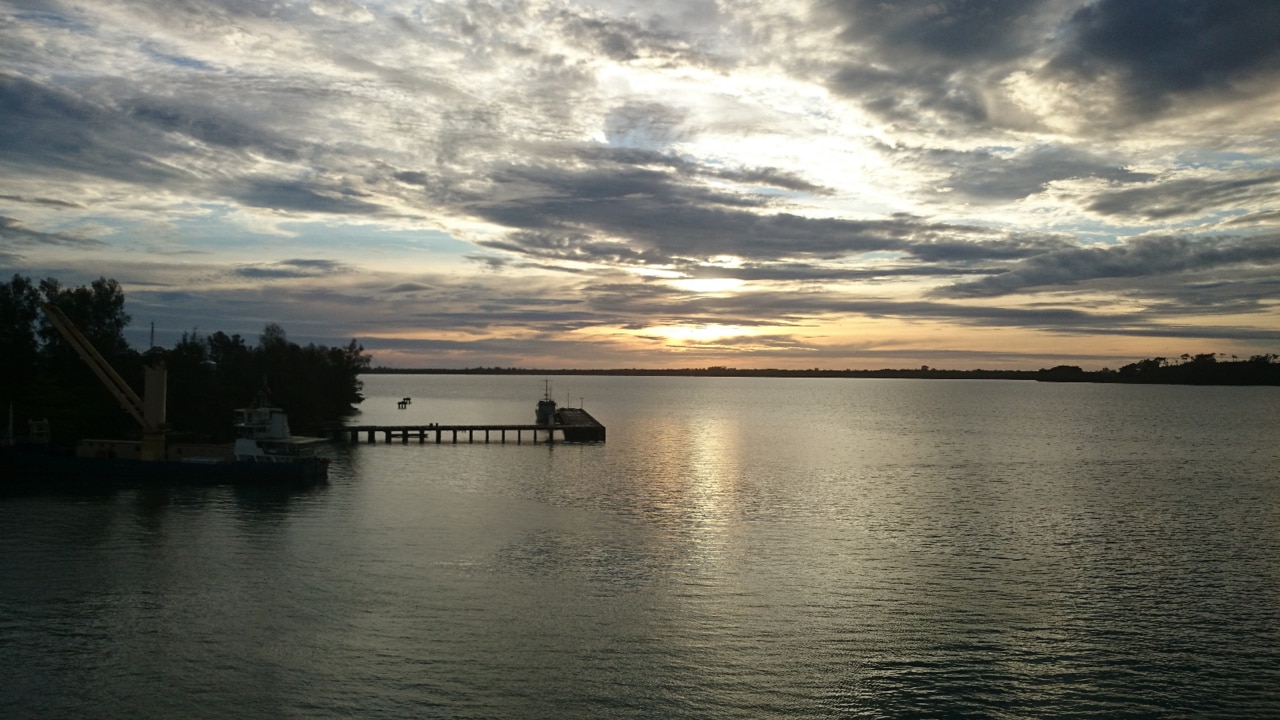
Foreign Minister Penny Wong said the budget “continues the Albanese government’s long-term rebuild of Australia’s international development program after almost a decade of Coalition cuts and neglect”.
Australia’s diplomacy in Southeast Asia, vital to countering rising Chinese influence, will receive an extra $56m over the forward estimates. That will support more scholarships for Southeast Asian students to study at Australian universities, and more visits to Australia by regional leaders.
A further $32m will be allocated to diversify Australia’s trade and investment options through the Indo-Pacific Economic Framework, which will increase opportunities in green and digital trade and strengthen regional supply chains.
Australia will also fund a new shipyard in Solomon Islands through its off-budget Pacific infrastructure facility, as the government works to counter rising Chinese influence in that country.
Senator Wong said the Pacific package was a “transformational” one that responded to regional priorities. “Building on our longstanding contributions to regional stability, we are deepening connections between our people and enhancing co-operation across labour mobility, maritime security, policing, responding to and preparing for humanitarian disasters, media and sport,” she said.
Senator Wong said the government was “investing in all elements of our statecraft” to advance the nation’s interests.
“At a time when we face the most confronting circumstances in decades, the 2023-24 budget will better enable Australia’s global network to shape the region and advance our interests, including by lifting the capability of our foreign service, and by countering disinformation,” she said.
The budget also includes $80m over four years to strengthen DFAT’s “strategic capability”, by improving co-operation with key partners and communicating “Australia’s story about who we are”.


